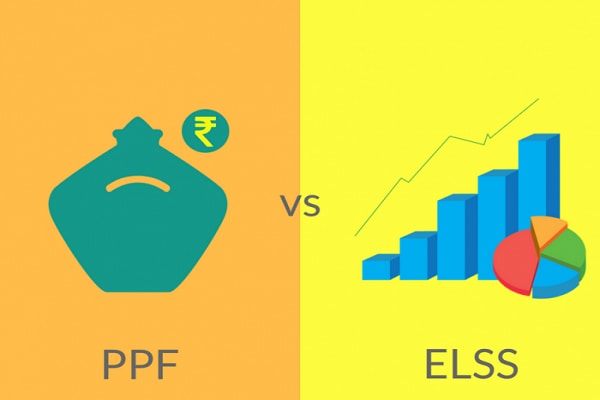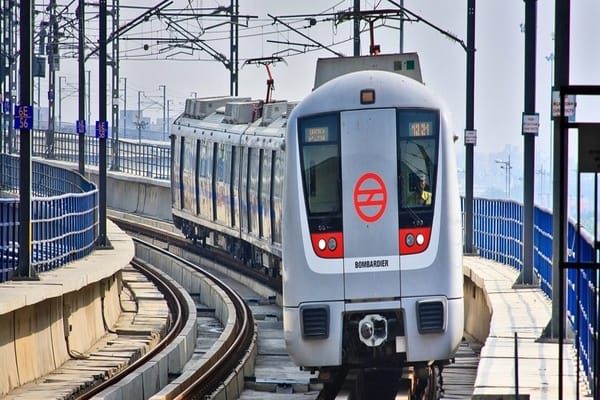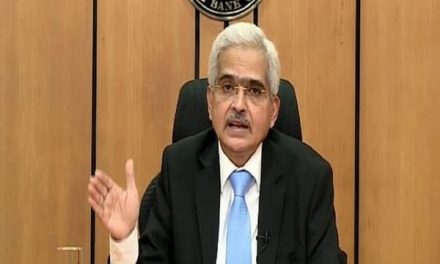In a new ruling aimed at direct-to-home (DTH) satellite television operators, the Telecom Regulatory Authority of India (TRAI) has stated that all set-top boxes (STBs) provided to customers will have to be mandatorily interoperable. In other words, no matter which DTH operator a user subscribes to, the STB provided with the connection must not be linked to one particular operator, as is the state of the industry right now. TRAI has further stated that the Ministry of Information & Broadcasting (I&B) may also amend the erstwhile rules set for India’s satellite TV operators, in a bid to compulsorily facilitate interoperability. The interoperability norms will come into effect once the nationwide COVID-19 lockdown is lifted.
However, the move appears to have attracted considerable opposition from major DTH operators in India. A report on the matter by CNBC-TV18 quoted a Tata Sky representative, who said, “It is not desirable to have interoperable STBs for the commercial, technical, security and service-related reasons. There is no proven global model of interoperability available. It is anticipated that interoperable STBs would turn out to be a much more expensive proposition for the subscribers. Also, the interoperable STB would stifle individual operator’s ability to innovate.”
TRAI To Make Set Top Boxes Interoperable :-
The discussion of making the set top boxes interoperability has been on the table for a long time now and TRAI has finally made the decision to make it official. TRAI has stated that all the set top boxes in the entire country should support technical interoperability.
Additionally, DTH and Multi-System Operators (MSOs) have been given a time period of six months to adapt to the new changes. As per TRAI, the new standard is DVB CI Plus 2.0 (with USB CAM) as per the ESTI TS 103 605 standards.
The Ministry of Information and Broadcasting (MIB) will probably include a suitable clause to ‘compulsorily facilitate’ the service of interoperability of set top boxes.
However, we should remember that the set top boxes of DTH and cable TV operators will not be interoperable. This means that a DTH subscriber cannot change to cable TV and vice versa. The reason behind this is that there are technical and commercial constraints to the universal STB, and hence, the interoperability will be applicable within the DTH and within the cable segment respectively.
USB Port-based Common Interface :-
TRAI has also advised that there be a mandatory provision of USB port-based Common Interface for all the digital television sets in India. The MIB, TRAI and the Ministry of Electronics and Information Technology (MeitY) will probably request BIS to change the specifications for digital television sets to include USB based Common Interface port as per DVI CI Plus 2.0 standard based on ETS TS 103 605.
All the TV manufacturers must provide all digital television sets with minimum one open interface port that is based on DVB CI Plus 2.0 standards that will allow a simple connection of USB CAM to allow reception of television signals. They will also be required to launch TV sets with built-in tuners to enable the reception of television content through both satellite and cable platforms.
The TRAI ruling, as stated before, has been mandated to be made applicable “prospectively”, which suggests that the new rules will not be enforced until the present crisis situation is resolved. Within such time, it remains to be seen how DTH operators react to the situation, and what steps do they take to comply with the TRAI ruling.











